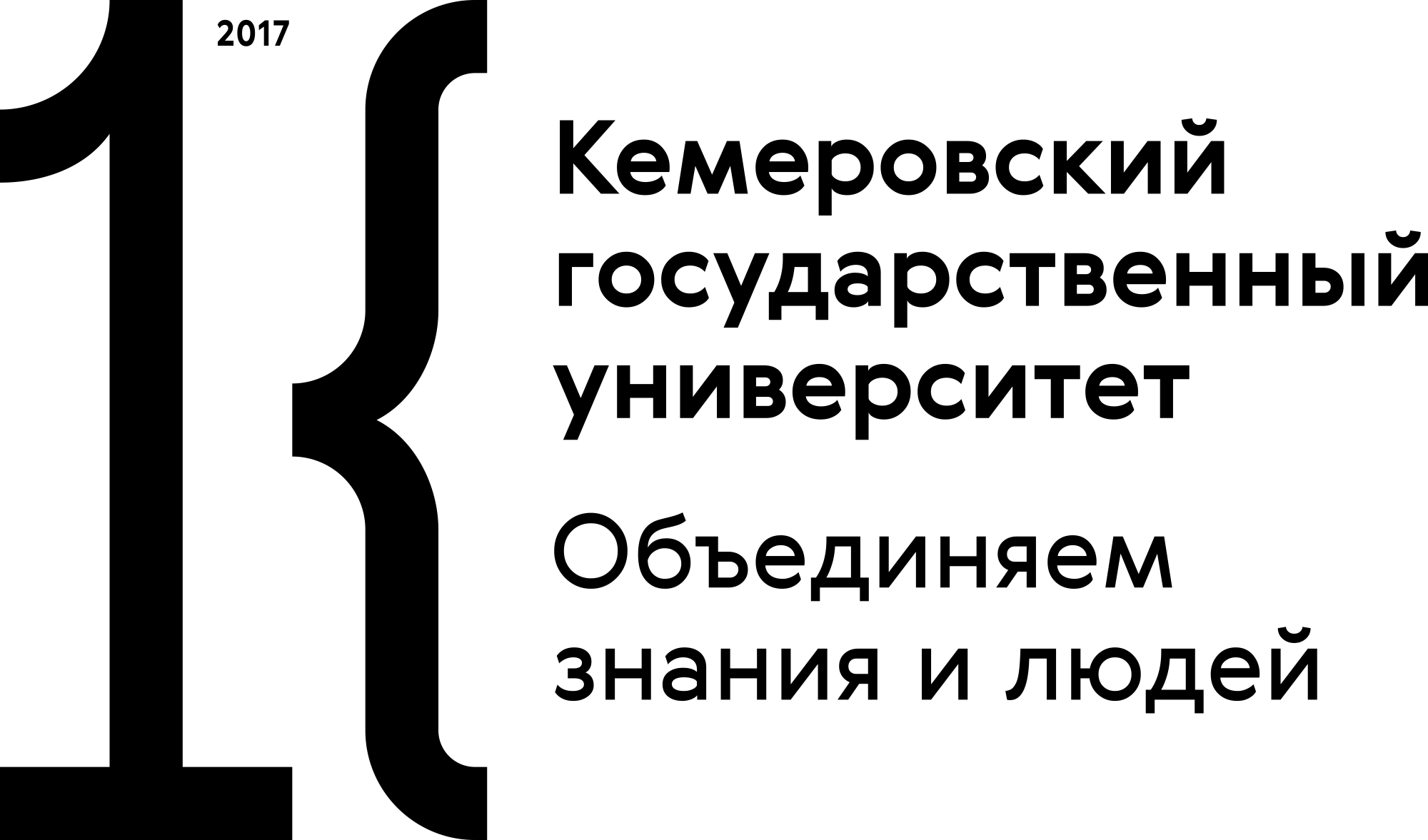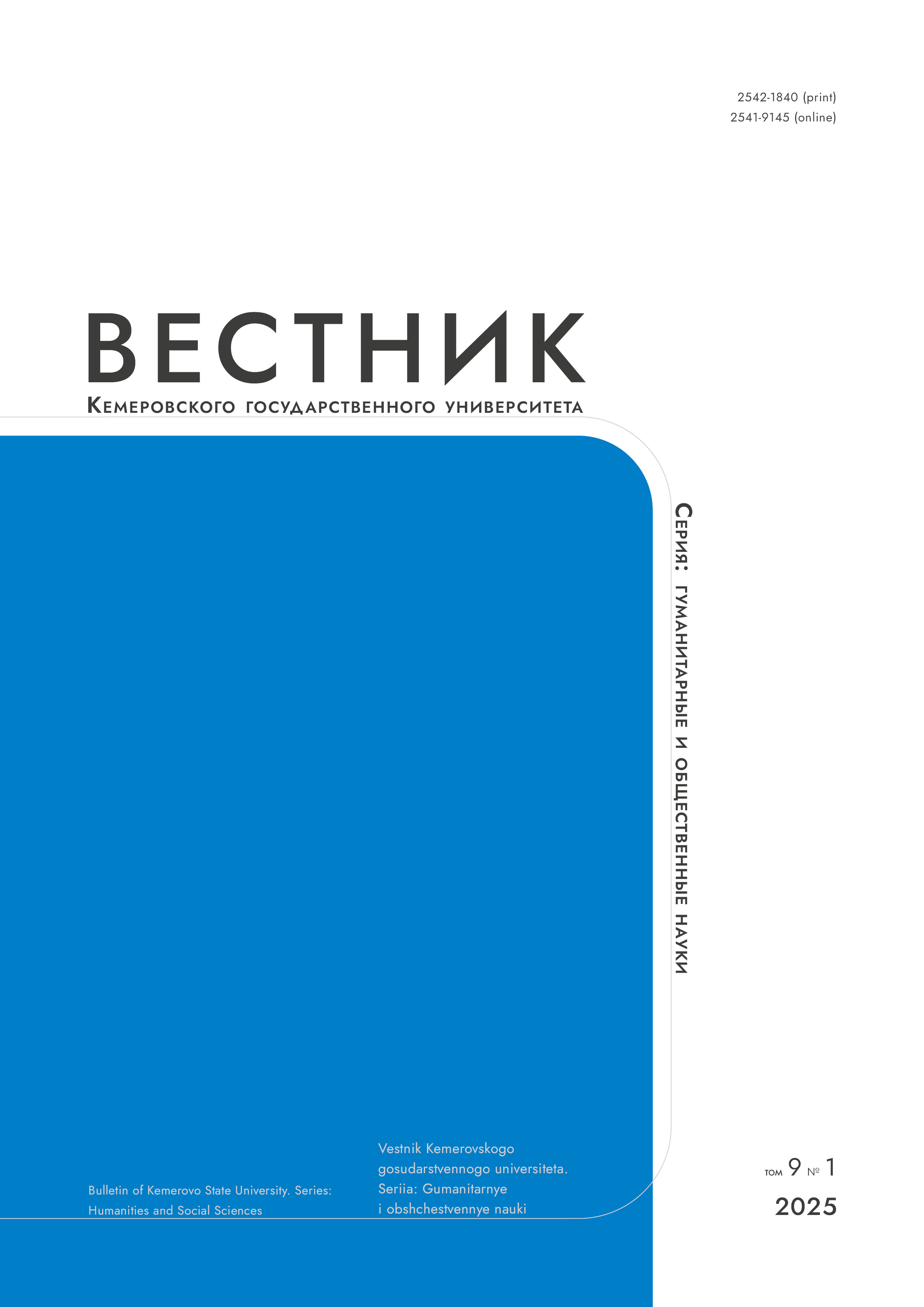Kemerovo, Russian Federation
Kemerovo, Russian Federation
Kemerovo, Russian Federation
Kemerovo, Russian Federation
UDC 34
Modern processes of regulation of the legal market in Russia and other post-Soviet countries take place in the context of the right to qualified legal assistance. The authors used a set of such comparative legal methods as synchronous and intra-system comparison, as well as problem-chronological and formal legal methods. The paper focuses on the definition of qualified legal assistance and its criteria. The research involved a group of entities that provide qualified legal assistance: public authorities, civil society institutions, i.e. bar, notary, legal clinics, public associations, etc., commercial organizations, and individual lawyers. The comparative legal analysis featured qualified legal assistance in the countries of the Eurasian Economic Union. A key aspect of the right to qualified legal assistance is the state system of legal aid. The article describes Russian and Belarusian models. The authors believe that there is no appropriate definition of qualified legal aid and that the bar holds the dominant position in the professional lawyers' community. Some countries of the Eurasian Economic Union preserved Soviet experience of bar associations. These countries demonstrate some specific traits of advocacy activities. For instance, institutions of legal consultants function as an alternative to the bar. The Republic of Armenia declared legal practice a business activity. The Republic of Belarus legally regulates specialized bar associations, e.g. legal counseling and law firms that specialize in a particular branch of law. As for free legal assistance, Russian model proved to be more advanced than that of Belarus, as Russia has no statutory mechanisms for obliging legal firms to provide free legal assistance at their own expense. In addition, Russia has a wider range of population categories entitled to receive free legal aid. Another advantage of the Russian free legal aid system is a detailed regulation of the status of legal clinics.
criteria for qualification of legal assistance, advocacy, advocacy in the Eurasian Economic Union, subject of providing qualified legal assistance, free legal assistance
1. Zakomoldin A. V. On the draft Federal law "On providing qualified legal assistance in the Russian Federation". Vestnik Samarskoi gumanitarnoi akademii. Seriia "Pravo", 2009, (2): 99-102. (In Russ.)
2. Gavrilova A. V. Development of the institute of qualified legal assistance in Russia and the former Soviet Union. RUDN Journal of Law, 2020, 24(2): 410-437. (In Russ.) DOI:https://doi.org/10.22363/2313-2337-2020-24-2-410-437
3. Panchenko V. Yu. On the concept of legal aid. State and Law, 2012, (12): 5-12. (In Russ.)
4. Reznik G. M. On the question of the constitutional content of the concept "qualified legal assistance". Advokat, 2007, (4): 25-27. (In Russ.)
5. Polyakova N. V., Polyakov V. V., Baranova Ju. O. Criteria for the quality of legal services provided to citizens. Izvestiya Baikal'skogo gosudarstvennogo universiteta, 2017, 27(4): 468-477. (In Russ.) DOI:https://doi.org/10.17150/2500-2759.2017.27(4).468-477
6. Kucherena A. G. Advocacy, 2nd ed. Moscow: Iurist, 2009, 751. (In Russ.)
7. Kratenko M. V. Availability of legal aid and some types of contracts for its provision. Problems of the formation of a legal social state in modern Russia: Proc. IX All-Russian Sci.-Prac. Conf., Novosibirsk, October 30, 2013. Novosibirsk, 2013, vol. 2, 117-121. (In Russ.)
8. Stremoukhov A. V. Man and their legal protection: Theoretical issues. St. Petersburg: S.-Peterb. iurid. in-t MVD Rossii, 1996, 375. (In Russ.)
9. Gavrilova A. V. Transformation of the dissident human rights movement into non-governmental human rights organizations. Vestnik Kemerovskogo gosudarstvennogo universiteta, 2008, (4): 152-154. (In Russ.)
10. Tarlo E. G. The role of the bar in the system of ensuring the constitutional right to legal aid. Moscow: IMPE, 2001, 222. (In Russ.)
11. Kurichev Yu. A. Availability of legal advice - A general principle of justice. Izvestiia vuzov. Pravovedenie, 1990, (5): 68-72. (In Russ.)
12. Kachalov V. I., Kachalova O. V. Legal aid in the Russian Federation. Moscow: EKSMOS, 2002, 205. (In Russ.)
13. Manafov A. G. The constitutional right of citizens to qualified legal assistance in the Russian Federation. Cand. Jurispr. Sci. Diss. Moscow, 2002, 185. (In Russ.)
14. Panchenko V. Yu. Public authorities as the parties of legal aid in contemporary Russia. Sovremennoe pravo, 2012, (5): 76-80. (In Russ.)
15. Panchenko V. Yu. Legal aid (questions of general theory). Moscow: Direkt-Media, 2014, 279. (In Russ.)
16. Gavrilova A. V. Public associations in human rights activities. Kemerovo: KemGU, 2016, 233. (In Russ.)
17. Sizintsev S. V. Independence of the Kazakh bar is limited by the new law. Moskovskii advokat, 2019, (3): 41-46. (In Russ.)
18. Gavrilov S. O. Completion of forming the organizational model of Soviet bar. Izvestiya Yugo-Zapadnogo gosudarstvennogo universiteta. Seriya: Istoriya i pravo, 2016, (3): 10-15. (In Russ.)
19. Kazarian S. A. Comparative analysis of legislation regulating the provision of free legal aid in the territory of the Republic of Belarus, the Republic of Kazakhstan, and the Russian Federation. Novyi iuridicheskii vestnik, 2018, (1): 6-10. (In Russ.)
20. The history and modern trends in the development of the civil society and the state: the human rights aspect, eds. Gavrilov S. O., Gavrilova A. V. Moscow: Prospekt, 2019, 432. (In Russ.) DOI:https://doi.org/10.31085/9785392296811-2019-432
21. Reznik E. S. Topical issues of free legal aid and ways of improving legislation. Vestnik Gumanitarnogo universiteta, 2017, (1): 43-54. (In Russ.)
22. Presnyakov M. V., Vasilev A. A. Recipients of free legal aid in the Russian Federation. Zakon, 2012, (11): 63-72. (In Russ.)
23. Druzhinina Yu. F., Trezubov E. S. Professional representation in the civil court under the judicial reform. Vestnik Kemerovskogo gosudarstvennogo universiteta. Seriia: Gumanitarnye i obshchestvennye nauki, 2019, 3(2): 165-172. (In Russ.) DOI:https://doi.org/10.21603/2542-1840-2019-3-2-165-172


















